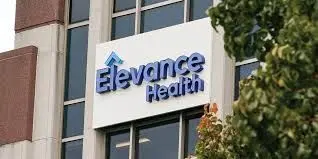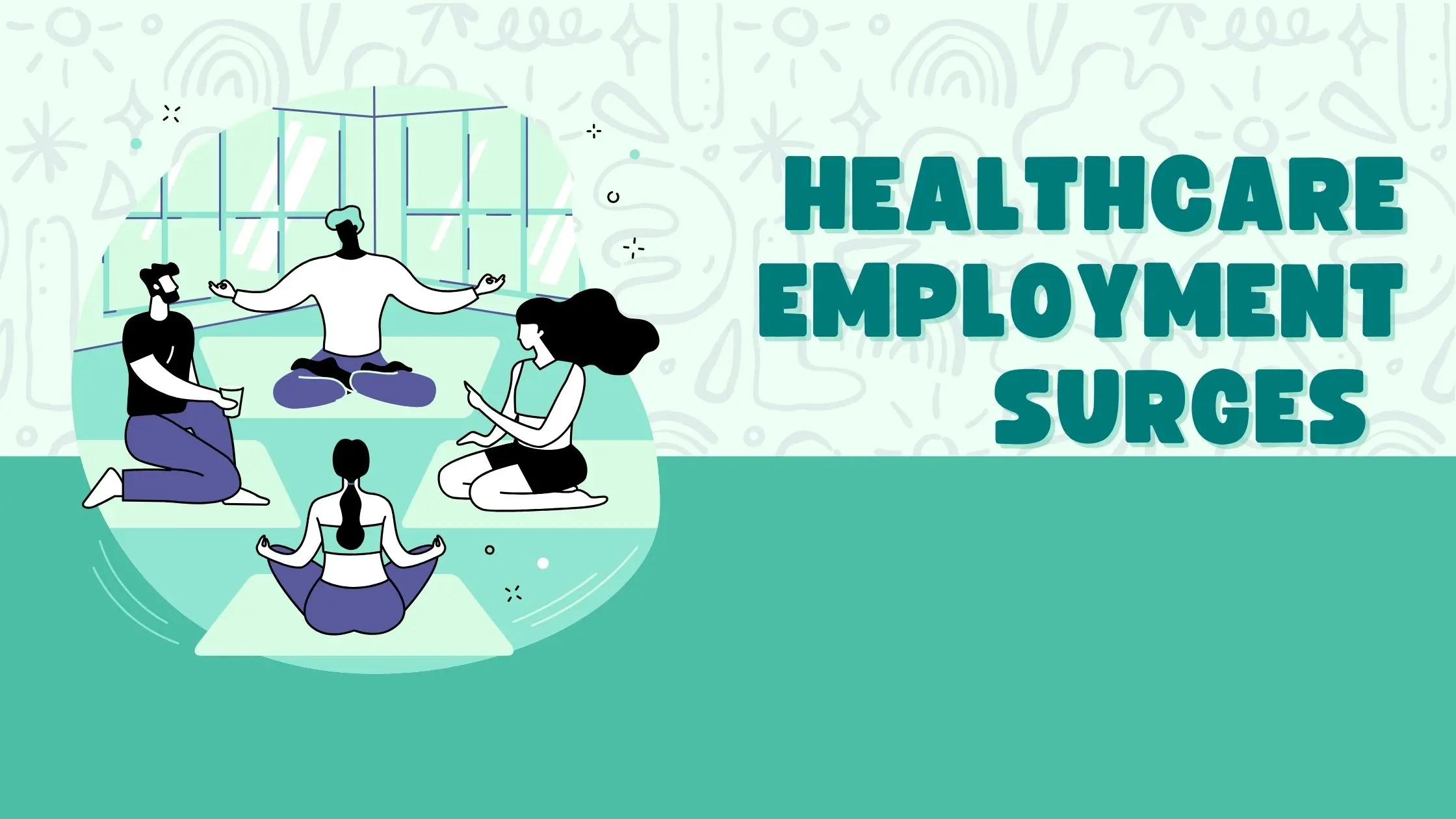Elevance Calms Wall Street Jitters After UnitedHealth Shake-Up
Elevance Health beats Q1 expectations and reassures investors as Medicare Advantage costs stay manageable—offering stability after UnitedHealth's earnings shock.

Christian Joshua
Published in News
In a week that had health investors on edge, Elevance Health has emerged as a reassuring voice in the noise. The U.S. health insurer reported lower-than-expected medical costs in the first quarter and confirmed that healthcare demand among older adults is running just as forecasted — a sharp contrast to last week’s stumble from industry giant UnitedHealth.
UnitedHealth (UNH.N) recently shocked the market by slashing its full-year profit forecast and missing quarterly estimates for the first time since the 2008 financial crash. The culprit? High costs tied to its Medicare Advantage plans — particularly for older adults and individuals with disabilities. That announcement triggered a sector-wide selloff.
But just days later, Elevance (ELV.N) delivered a different story. Pre-releasing stronger-than-expected Q1 earnings, the company helped ease sector-wide fears. CFO Mark Kaye admitted that Medicare Advantage costs are still elevated, but emphasized they remain “manageable.”
Get Periodic Updates Straight To Your Inbox. Sign Up To Our Newsletter Today.
"UnitedHealth is suffering from a double whammy of exposure in Medicare Advantage and in its value-based care Optum Health operations. Elevance just isn't very big in either of those," explained Morningstar analyst Julie Utterback.
UnitedHealth may have absorbed patients switching from rival Medicare plans — a move that inadvertently backfired. These enrollees, facing higher premiums in Group Medicare, used more medical services than expected, according to Kevin Gade, COO at Bahl & Gaynor (a UnitedHealth investor).
Meanwhile, Elevance's leaner footprint in both Medicare Advantage and value-based care proved to be an advantage.
“On the Optum health side, which was where they had a significant earnings revision at UnitedHealth, Elevance really doesn't have an equivalent business like that,” said UBS analyst AJ Rice.
Optum, UnitedHealth’s value-based care subsidiary, has been struggling with slower profit growth as the model shifts focus to patient outcomes over volume. Elevance, without a similar exposure, dodged that bullet.
The numbers back it up:
- Elevance shares rose 2% to $414 in early Tuesday trading.
- UnitedHealth’s stock remains bruised, down nearly 28% for the week.
- Cigna (CI.N) and CVS Health (CVS.N) also saw slight gains, up between 0.7% and 2.4%.
And Elevance didn’t just calm fears — it stayed confident. The company reiterated its full-year profit outlook of $34.15 to $34.85 per share, while confirming a Q1 adjusted net income of $11.97 per share, well above the expected $11.38.
Get Latest Care Industry News directly into your INBOX TODAY.
One key stat worth watching: the medical loss ratio (MLR) — a key measure of how much premium income goes to patient care — landed at 86.4%, better than the 86.8% analysts projected. Most insurers aim to keep this figure around 80% for optimal efficiency.
CFO Kaye capped it all off by stating, “We have not seen changes in utilization patterns from what we expected.” That’s music to Wall Street’s ears — at least for now.

News
Could $1 Trillion in Medicaid Cuts Leave 16 Million Uninsured? Senate HELP Committee Wants Your Take
Have your say: How will $1T+ in Medicaid cuts affe...

News
Nannies, Tired of Job Creep? Here’s How to Break the Cycle for Good!
Fed up with job creep? Learn how nannies can set c...

News
Healthcare Employment Surges in May with 62,000 New Jobs
U.S. healthcare added 62K jobs in May, led by hosp...

News
Wisconsin Seniors Housing Secures $28 Million Bridge Loan
MONTICELLOAM closes $28M bridge loan for two Wisco...